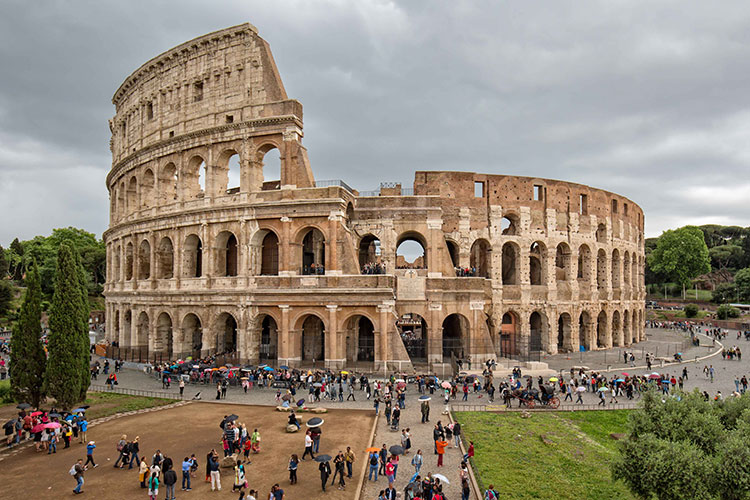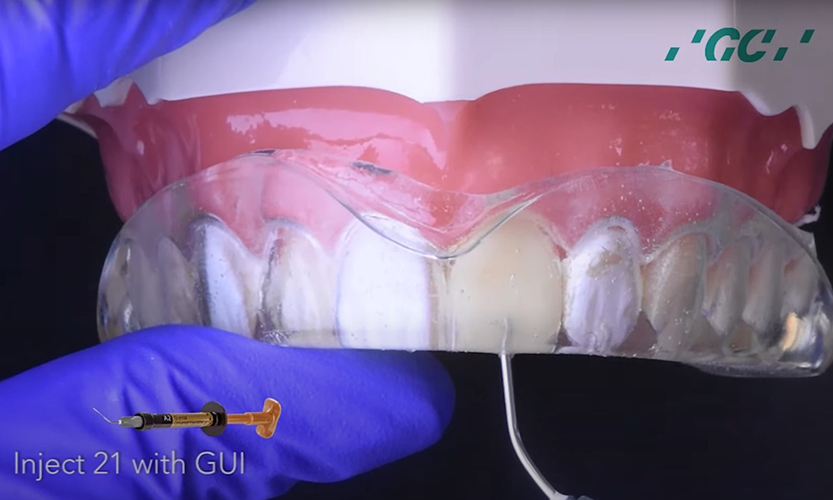At St. Lawrence Dentistry, our primary focus is our patient’s well-being and oral health. However, understanding the fascinating history of dental care can provide valuable insights.
Today, we invite you on a captivating journey to Ancient Rome, where we will investigate dental health and how our predecessors cared for their teeth. Prepare to be amazed by the dental practices and challenges the Romans encountered.
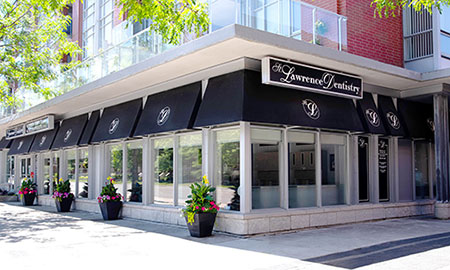
Ancient Roman Dental Health
The ancient Romans emphasized oral hygiene, recognizing the value of maintaining healthy teeth and fresh breath. While our modern technology and knowledge surpass that of the Romans, they developed intriguing methods to keep their teeth in good condition.
Dental Care Practices
- Chewing Sticks: Romans used frayed twigs, known as “dental sticks” or “miswak,” created from aromatic woods like cinnamon or olive. By chewing on one end, they created a brush-like consistency that they used to clean their teeth.
- Toothpaste: Romans employed various substances to clean their teeth. One common paste consisted of crushed bones and oyster shells mixed with water, serving as an abrasive agent to remove plaque. Some also used a mixture of honey and powdered charcoal to polish their teeth.
- Mouthwashes: The Romans believed in maintaining fresh breath and used mouthwashes made from ingredients such as urine (ammonia content), vinegar, or a mixture of wine and water to rinse their mouths.
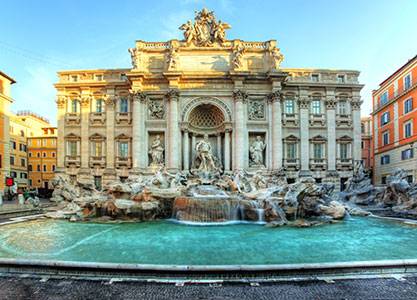
Dental Problems and Remedies
- Dental Decay: Romans were susceptible to dental decay due to their high-sugar diet. To combat decay, they used a range of remedies, including rinsing with urine, applying a mixture of honey and crushed mice, or using herbal mouthwashes made from sage or myrrh.
- Tooth Loss: Tooth loss was a common issue among Romans, resulting from dental decay, gum disease, and even lead poisoning due to the extensive use of lead in cookware and cosmetics. They replaced missing teeth with prosthetics made from human or animal teeth, secured using gold or silver wires.
- Gum Disease: Romans faced challenges with gum disease, known as periodontitis. They employed treatments such as rinsing with salt water, applying aloe vera, or using herbal mouthwashes to reduce inflammation.
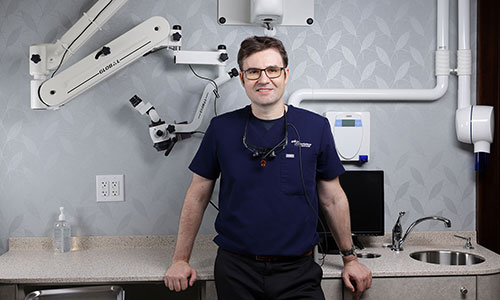
Conclusion
Reflecting on the dental practices of Ancient Rome allows us to appreciate the improvements we have made in dental care today. While the Romans had unique methods, we acknowledge the significant progress in oral health over the centuries. At St. Lawrence Dentistry, our utmost priority remains to provide evidence-based care and utilize the latest technologies to optimize our patient’s dental health.
As we delve into the rich history of dental care, we understand the importance of routine dental visits, maintaining proper oral hygiene, and seeking professional help for any dental concerns. Let us embrace the knowledge passed down from our ancestors and build upon it to enhance our dental well-being in the modern world.
Remember, at St. Lawrence Dentistry, your dental health is our top priority, and we are committed to providing exceptional care to help you maintain a healthy and beautiful smile.
Reference:
Harris, L. (2019). What Did the Ancient Romans Use for Toothpaste? JSTOR Daily.
Ferrari, M. (2013). A glimpse into Roman dentistry from the analysis of human remains buried in the ‘Piazza d’Archi’ in Lucca (Italy). International Journal
- Understanding Dental Cupping on Molars: Causes, Prevention, and Treatment - August 14, 2024
- Bone Preservation: Essential for Strong Dental Implants - August 5, 2024
- Porcelain Veneers from Design to Finish - July 27, 2024



